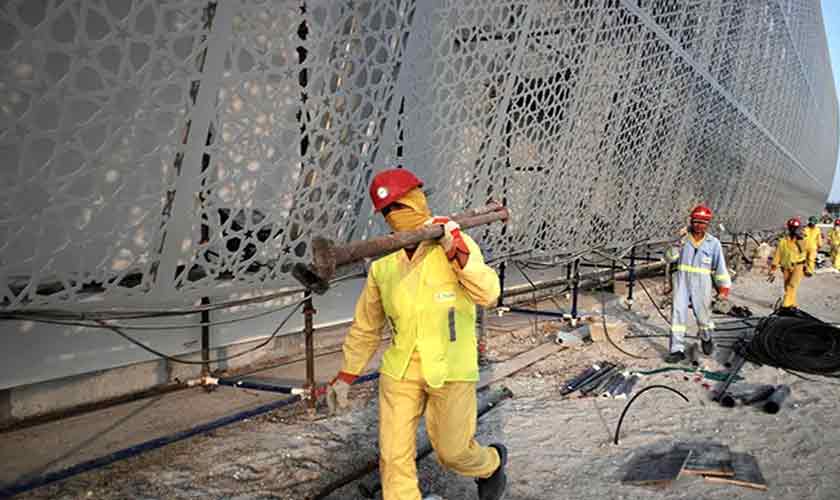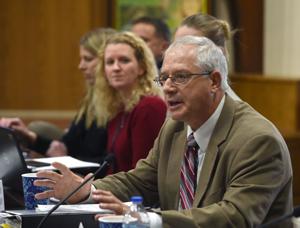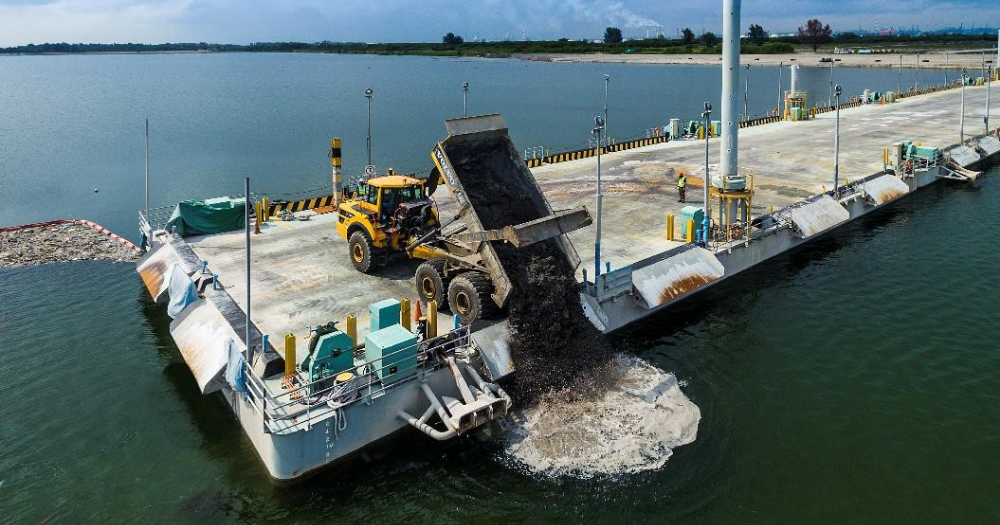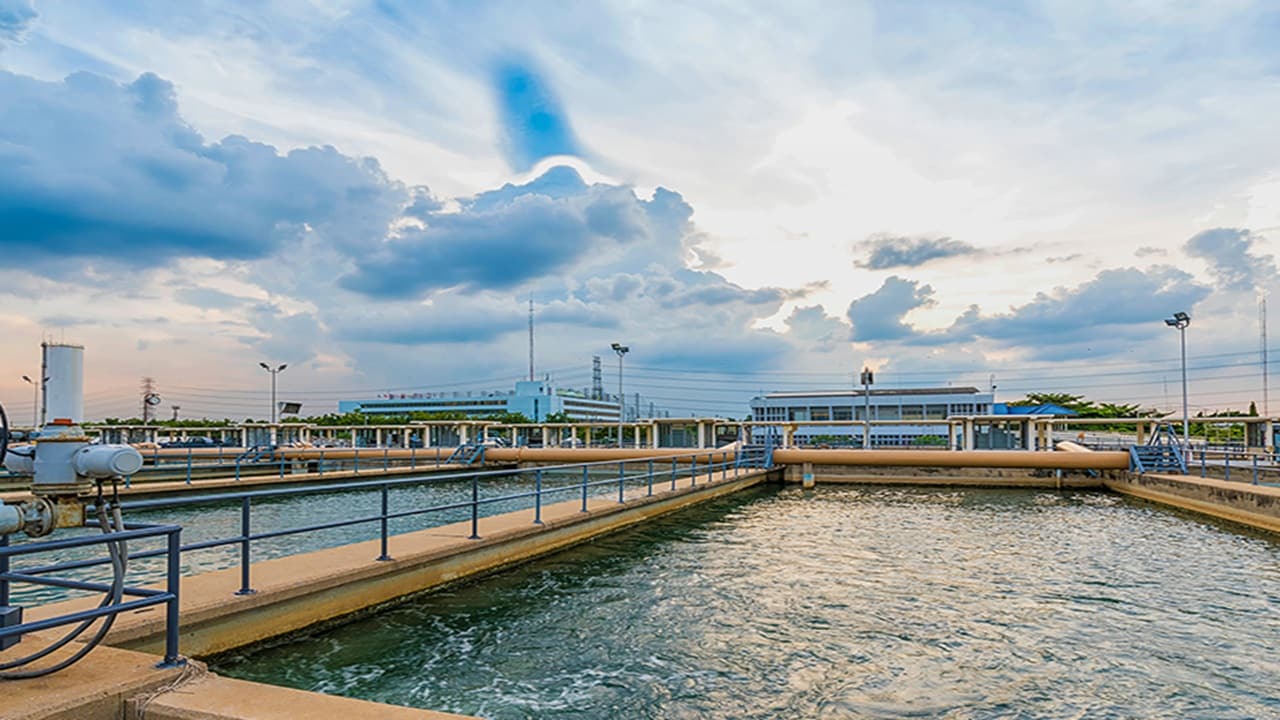
M igrant workers are very important for Pakistan’s economy, contributing billions of dollars in remittances every year. In fiscal year 2024-2025, remittances are projected to reach an astonishing $35 billion — an amount nearly equivalent to the country’s total exports. These funds sustain families, stabilise foreign exchange reserves and support the overall economic framework.
Despite their vital economic contribution, the government’s treatment of these workers has remained inappropriate. While export industries receive numerous incentives and concessions, migrant workers face systemic exploitation and endure one of the world’s highest costs of migration. In the first half of the current fiscal year, overseas Pakistanis sent $17.

845 billion in remittances. Prime Minister Shahbaz Sharif recently acknowledged their contribution, calling them a “lifeline” for the national economy. However, rhetorical praise has not been followed by meaningful action for their welfare.
These workers brave unsafe working conditions, exploitative practices and a general lack of institutional safeguards. Their journey, from recruitment to employment abroad, is fraught with challenges that demand urgent attention and reform. The recruitment process for Pakistani migrant workers is a case of blatant exploitation.
Sub-agents dominate this system, charging exorbitant fees and making false promises. The Emigration Rules, 1979 (Clause 15-A) cap recruitment service fees in Pakistan at Rs 6,000 ($29), covering air tickets, medical examinations, work permits and other expenses. However, many migrant workers pay higher fees, including informal payments.
An International Labour Organisation research in 2016 found that Pakistani migrants to GCC countries spent an average of eight months’ wages to recover migration costs of which 80 percent was paid to intermediaries for work permits. High costs, combined with low wages, increase the risk of debt bondage, a key indicator of forced labour. According to the ILO, recruitment fees and related costs should be borne by the employer in the destination country, not by the workers.
A research in 2014 had found that low-skilled Pakistani workers migrating to GCC countries incurred recruitment costs averaging 11 months of earnings ($4,400), among the highest globally. Indian workers, meanwhile, paid significantly lower costs, 5-6 months of earnings. Filipino workers paid about 1-2 months’ earnings when migrating to the same destinations.
The disparity results from differing regulatory environments, transparency levels and government protections in the relevant country. Pakistan must enhance regulations, streamline processes and educate its workers to reduce costs and align with international standards like SDG 10.7.
1. The legal migration market, controlled by sub-agents, exacerbates these challenges and makes workers vulnerable to exploitation. ILO reviews recruitment fees paid by workers pre-departure as “an ‘extortion’ that has become an acceptable institutionalised business norm in the labour recruitment industry.
” The legal framework governing labour migration in Pakistan is outdated and ineffective. The 1979 Emigration Ordinance, which regulates the sector, no longer reflects contemporary realities. Unregistered sub-agents exploit these gaps, charging unregulated fees and exposing workers to unsafe or exploitative job environments.
Of the 5,066 licensed Overseas Employment Promoters in Pakistan, only 2,345 have valid licences. An overwhelming majority of them are based at a few major cities of countries. Meanwhile, unregulated intermediaries operate with impunity in rural areas, where access to formal services is limited.
Regulatory action often fails as sub-agents quickly shift affiliations or continue operating unofficially. Public-sector agencies like the Overseas Employment Corporation have failed to provide a viable alternative to private recruiters. In 2023, the OEC facilitated employment for only 2,779 workers out of the 862,000 who migrated.
In 2024, up to December, it assisted only 1,709 out of 727,381 migrant workers. This highlights the inefficiency of existing mechanisms and underscores the urgent need for reforms to ensure fair and accessible recruitment for all. The challenges faced by Pakistani migrant workers do not end after they have secured employment abroad.
Many endure unsafe working conditions, long hours and low wages. According to the ILO, migrant workers are three times more likely to fall prey to forced labour, low-skilled workers being the most vulnerable. Excessive and illegal recruitment fees aggravate their plight.
A 2016 ILO study estimated that unauthorised cash transactions in the global recruitment industry amounted to $10 billion over a decade. Experts believe that this number has grown significantly over the last ten years. These fees and practices trap workers in a cycle of debt, leaving them with little recourse.
Pakistani diplomatic missions have failed to adequately support workers facing challenges abroad. Thousands of workers are detained in Saudi Arabia and the UAE, often with little legal representation or assistance from Pakistani embassies. The absence of a comprehensive consular protection policy leaves many migrants stranded, with no access to justice or basic support.
Meanwhile, hundreds of insurance claims for migrant workers remain unresolved. Some of the cases have been pending for over a decade. These inefficiencies further marginalise workers who already face significant hardships.
The lack of pre-departure training and awareness among migrants from Pakistan compounds these issues. The Philippines and Bangladesh, meanwhile, have comprehensive programmes to prepare their workers for the challenges they may face abroad. The Philippines has established a dedicated Department of Migrant Workers, integrating migration into its economic strategy and providing pre-departure briefings, skills training and regular system updates.
Bangladesh operates migrant resource centres in 42 districts, offering technical training and information to workers before they leave. In contrast, Pakistan has only three Migrant Resource Centres, located in Islamabad, Lahore and Peshawar that provide limited services to a small fraction of the migrant population. The plight of low- and semi-skilled workers is particularly concerning.
According to the Pakistan Migration Report 2024 , more than half of Pakistani labour migrants fall in these categories. Bureau of Emigration and Overseas Employment data shows that 58 percent of total 727,381 migrant workers who left Pakistan for jobs using legal channels in 2024 fell in low and unskilled categories. Global demand for low-skilled workers is declining, placing this demographic at greater risk of unemployment and exploitation.
Women, who make up just 0.94 percent of Pakistan’s migrant workforce, face additional barriers, including social stigma, restrictive cultural norms and limited opportunities. This disparity highlights systemic inequalities in Pakistan’s migration governance system that deny women access to international employment opportunities and the economic empowerment it can provide.
To address these issues, Pakistan must undertake comprehensive reforms aimed at protecting the rights and welfare of its migrant workers. First, the recruitment process must be overhauled to align with international fair recruitment practices. Sub-agents must be regulated and access to licensed OEPs should be expanded, especially in rural areas.
Mandatory pre-departure briefings should be introduced to educate workers about their rights, risks and available support systems. These measures should be extended to both regular and irregular migrants to ensure that no one is left behind. Diplomatic missions must be equipped to provide effective and timely assistance to workers in need.
This includes negotiating prisoner transfer agreements with host countries, allowing detained workers to serve their sentences closer to home. Additional resources must be allocated to ensure that consular staff can address issues like wage theft, poor working conditions and legal disputes promptly. Modernising the 1979 Emigration Ordinance is critical to addressing the systemic flaws in Pakistan’s migration governance.
The new framework should include measures to regulate recruitment fees, enforce accountability within the recruitment process and protect workers’ rights throughout their employment journey. Additionally, the government should establish mechanisms for collecting and analysing data on migration trends, including failed migrations and the challenges faced by returnees. This data will be essential for formulating evidence-based policies that address the needs of migrant workers.
Best practices by regional counterparts offer valuable lessons. The Philippines and Bangladesh have successfully integrated migration into their national economic strategies, demonstrating how robust governance frameworks can protect workers and optimise their contributions. Pakistan should draw on these examples to create a system that values and safeguards its migrant workforce.
Pakistani migrant workers are more than just economic contributors. They are also parents, siblings and children striving to provide better futures for their families. Their sacrifices deserve more than symbolic acknowledgment.
Addressing the systemic flaws in the labour migration process is not just an economic imperative but also a moral responsibility. By implementing fair recruitment practices, strengthening consular support and modernising legislative frameworks, Pakistan can build a migration system that is both equitable and sustainable. The government should establish a fund pledging 1 percent of the remittances towards the facilitating programmes for returning migrants to be able to reintegrated and establish in Pakistan.
Recognising and protecting the rights of these workers is essential for the country’s economic stability and its reputation on the global stage. The writer is an Islamabad-based, award-winning journalist, researcher and trainer with an interest in labour and migration. He can be reached at aounsahi@gmail.
com.















